Planning your day effectively can help you accomplish more in less time, reduce stress, and increase productivity. A structured plan enables you to focus on priorities and eliminate distractions.
How to plan your day for Success
Here’s how to plan your day for maximum efficiency:
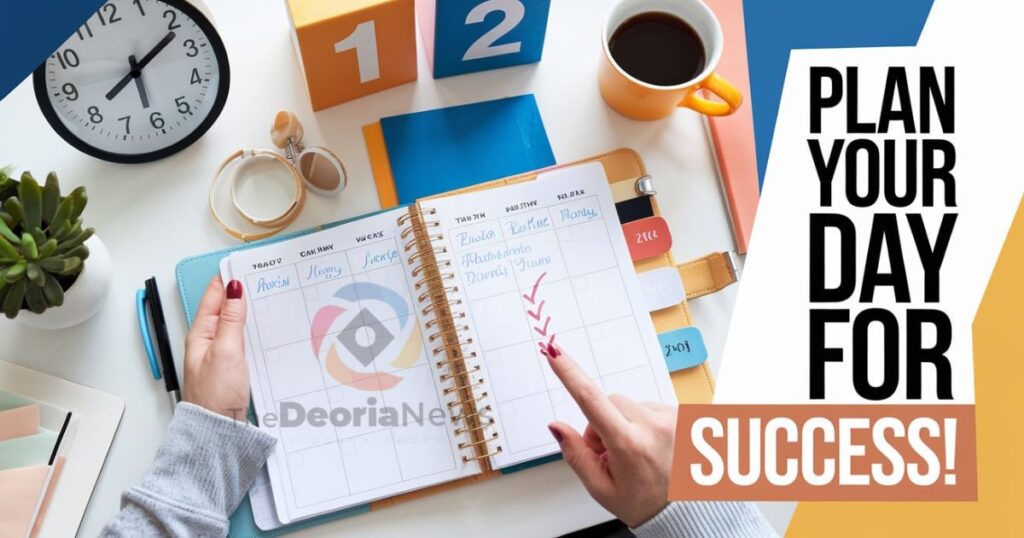
1. Start with a Clear Morning Routine
- Begin your day with a structured and positive morning routine.
- Hydrate, exercise, and practice mindfulness to prepare your body and mind.
- Avoid digital distractions like emails and social media right after waking up.

2. Set Clear Priorities
- Identify the top three tasks that must be completed during the day.
- Focus on high-impact activities that align with your goals.
- Use the Eisenhower Matrix to distinguish between urgent and important tasks.
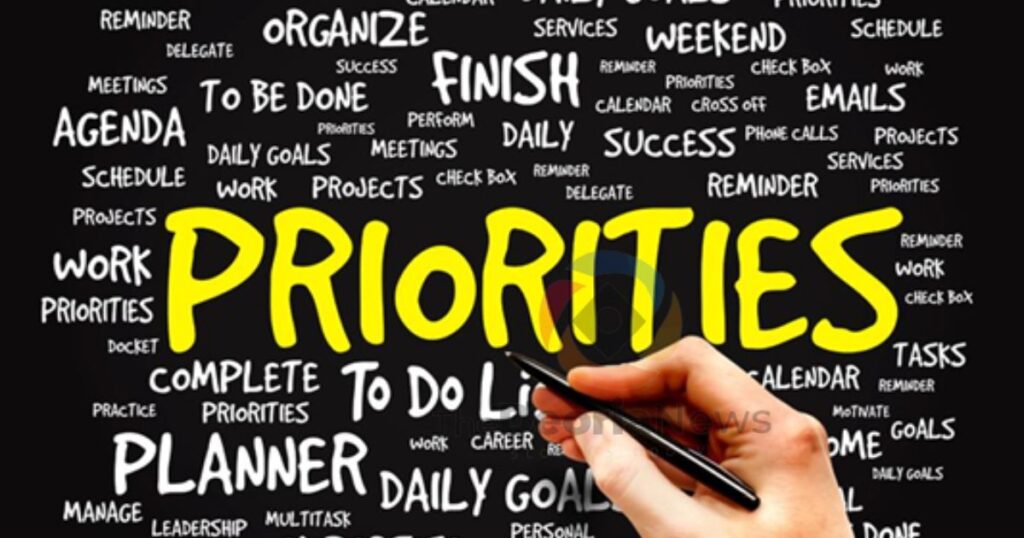
3. Use a Planner or Digital Tool
- Write down your schedule to keep track of meetings, deadlines, and tasks.
- Use tools like Google Calendar, Trello, or a simple notebook.
- Allocate time blocks for focused work and breaks.
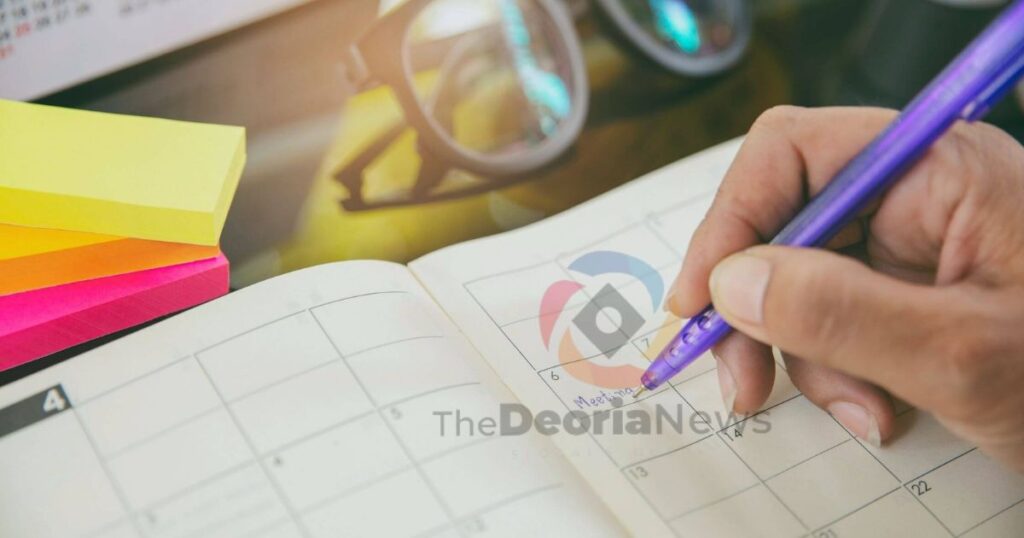
4. Plan Your Day the Night Before
- Spend a few minutes each evening reviewing your tasks for the next day.
- Prepare necessary materials to avoid last-minute stress.
- Set realistic goals to ensure you stay on track.

5. Start with the Most Important Task
- Work on your highest priority task first when your energy is at its peak.
- Avoid procrastination by tackling challenging tasks early.
- Break large tasks into smaller steps for better progress.
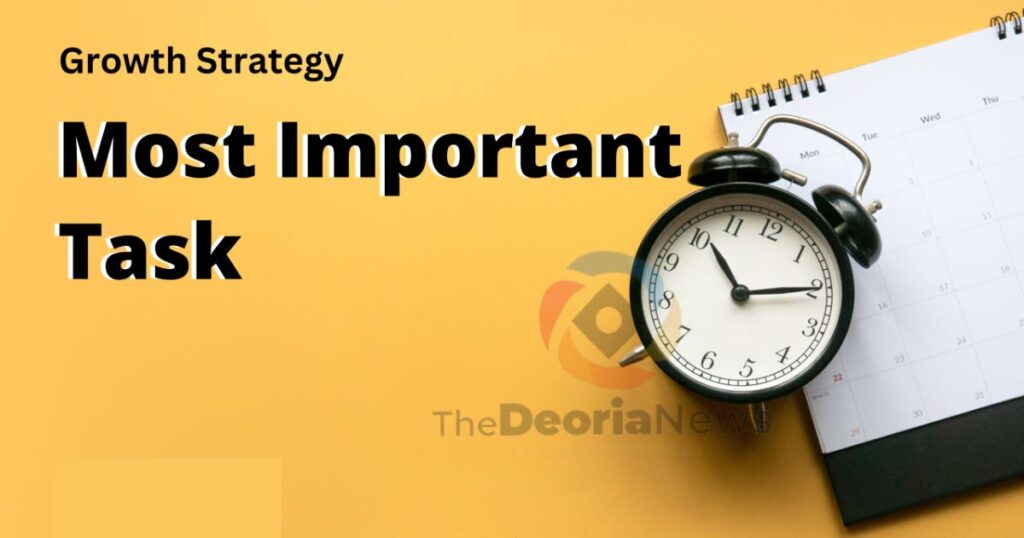
6. Schedule Breaks and Downtime
- Taking breaks improves focus and prevents burnout.
- Use the Pomodoro Technique (25 minutes of work, 5-minute breaks).
- Step outside, stretch or practice deep breathing to recharge.
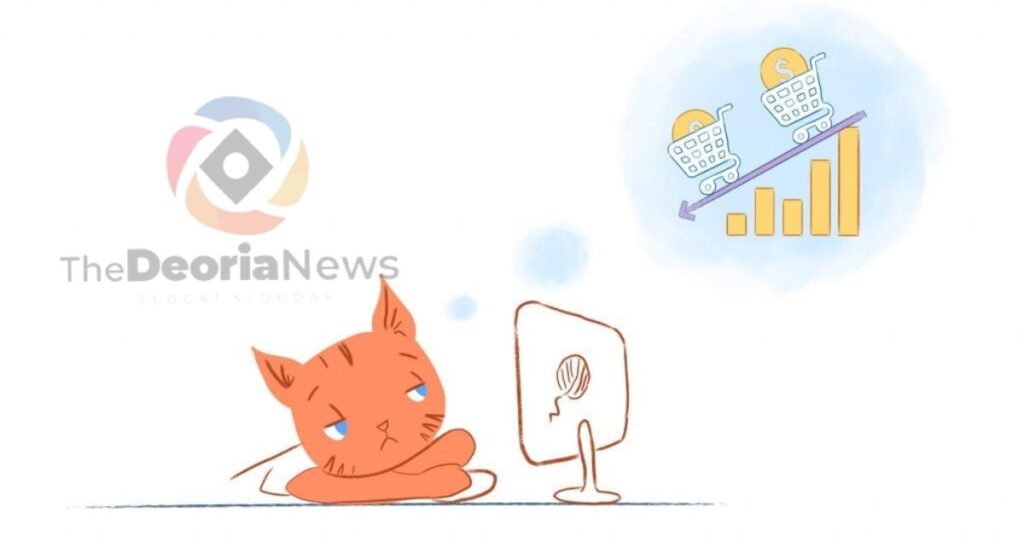
7. Limit Distractions
- Turn off unnecessary notifications and create a distraction-free workspace.
- Use noise-canceling headphones or background music for concentration.
- Communicate your work schedule to others to minimize interruptions.
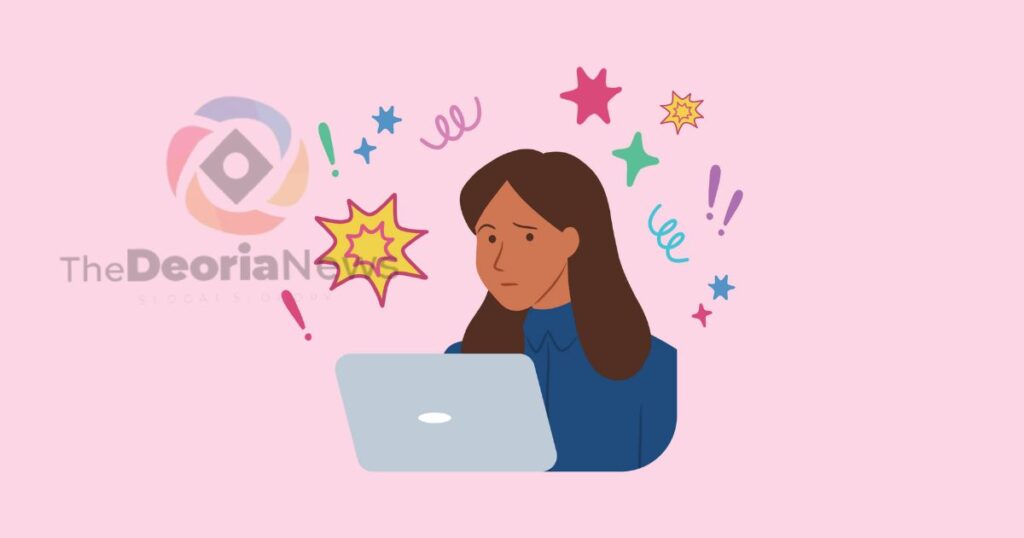
8. Review and Adjust Your Plan
- At the end of the day, review your accomplishments and unfinished tasks.
- Adjust your strategy for the next day based on what worked well.
- Celebrate small wins to stay motivated.

9. Maintain Work-Life Balance
- Prioritize personal time to prevent burnout.
- Set boundaries to separate work from personal life.
- Engage in hobbies, exercise, and spend time with loved ones.
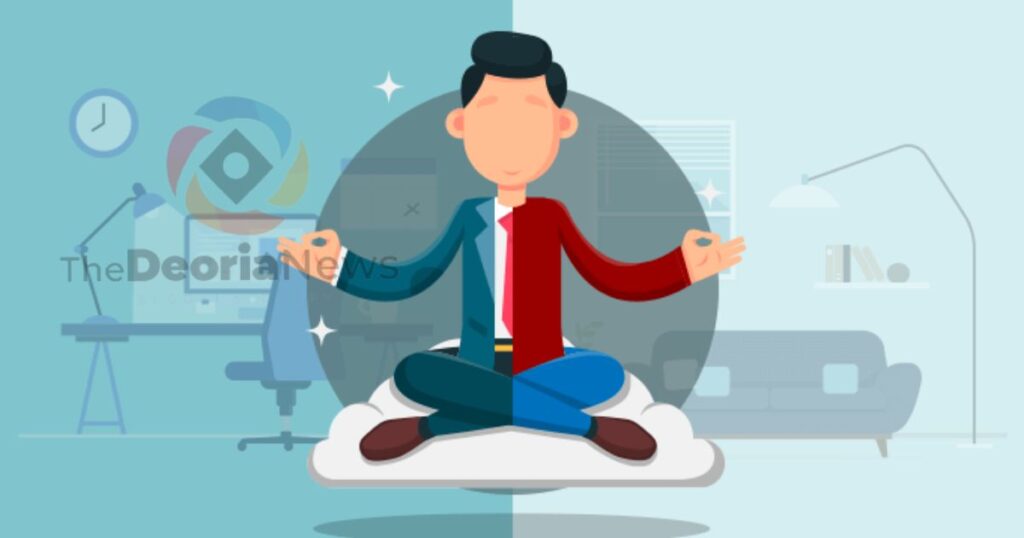
10. Stay Consistent and Flexible
- Develop a habit of daily planning for long-term efficiency.
- Be flexible and adapt your schedule when unexpected changes arise.
- Keep refining your approach to find what works best for you.

Conclusion:
Effective daily planning leads to improved efficiency and reduced stress. By prioritizing tasks, managing time wisely, and maintaining a balance, you can make the most of your day and achieve tremendous success.